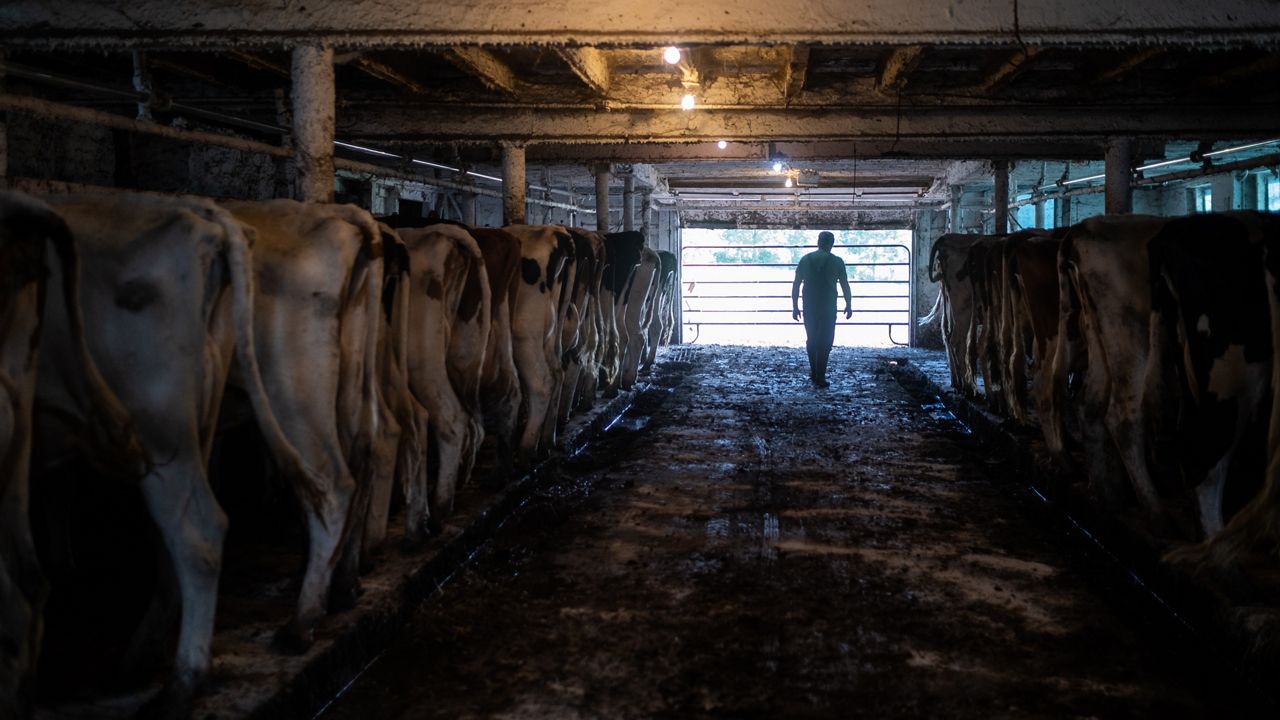The $229 billion budget was ultimately a mixed result for the state's agriculture sector.
On the one hand, farm organizations are concerned about the financial effect an increase in the minimum wage and its subsequent tie to inflation. But at the same time, farmers will benefit from the funding of environmental, marketing and research programs in the final spending agreement.
The farm sector in New York has been at odds with state officials over lowering the threshold for overtime for farm workers over the next decade with subsidies meant to offset the financial impact, a development approved by the state Department of Labor that agriculture organizations opposed.
"As New York’s agriculture industry prepares for rising overtime costs, farms are now facing additional mandates that may very well continue the trend we’ve seen in recent years – farms closing their doors and leaving the Empire State altogether," said Grow NY Farms, a coalition of agriculture-based businesses. "We cannot afford the food miles and climate change implications, nor the detrimental impact of losing farms in our rural communities if this trend continues."
New York is one of the top dairy producing states in the country.
Still, New York Farm Bureau President David Fischer pointed to the Refundable Investment Tax Credit's inclusion in the budget as a potential boon for agriculture producers, allowing them to expand, upgrade, or diversify their businesses.
Nevertheless, the organization remains concerned with the minimum wage increase in the final agreeement, with the base pay growing north of Westchester Countyfrom $14.20 to $16 in the coming years.
"While these budget initiatives will benefit New York agriculture, New York Farm Bureau remains deeply concerned over the additional increase of the state’s minimum wage," Fischer said. "If a farm cannot compete in the marketplace or make ends meet, nothing else will ultimately matter. This could negatively impact our farm employees, future job creation, and local food production. We ask our leaders to look for additional ways to offset mounting labor costs as the new minimum wage will keep increasing in the coming years along with inflation."



